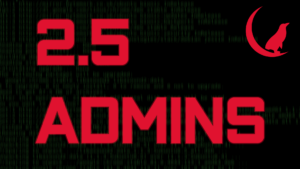
 2.5 Admins
2.5 Admins 2.5 Admins 223: Google Juice Abuse
11 snips
Nov 28, 2024 Equinix is shutting down its bare metal service, prompting discussions on migration challenges. D-Link warns about the dangers of outdated routers, emphasizing consumer awareness. Google is cracking down on low-quality content masquerading as reviews, affecting digital trust. The impact of data caps on consumers raises concerns over transparency and actual costs. Technical discussions cover ZFS disk management and innovative clustering solutions with Nomad, shedding light on effective storage practices.
AI Snips
Chapters
Transcript
Episode notes
Cloud Provider Shutdown
- Migrate your workloads sooner rather than later if your cloud provider is shutting down.
- Consider re-architecting to split between multiple providers to avoid vendor lock-in.
Avoid Proprietary APIs
- Avoid building large infrastructure dependent on proprietary APIs.
- Migrating such infrastructure can be extremely difficult when APIs disappear.
Replace Vulnerable Routers
- Replace old, vulnerable routers, especially those past their end-of-life.
- D-Link advises replacing several models due to unpatchable vulnerabilities.

